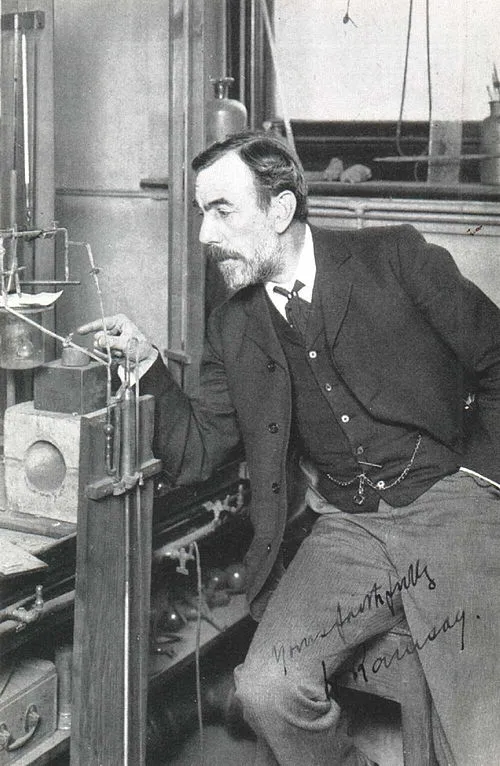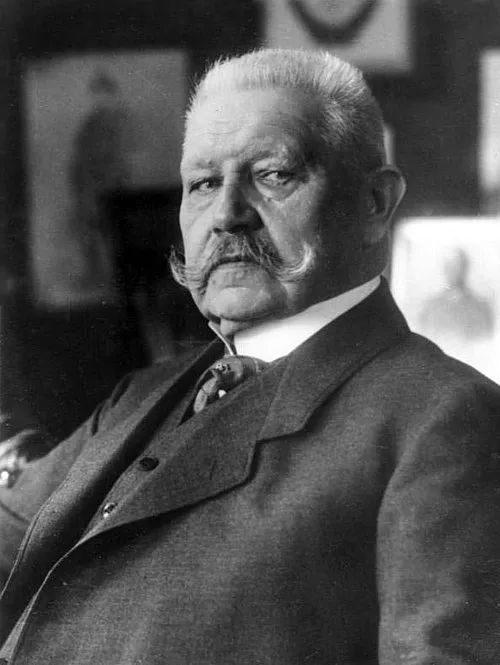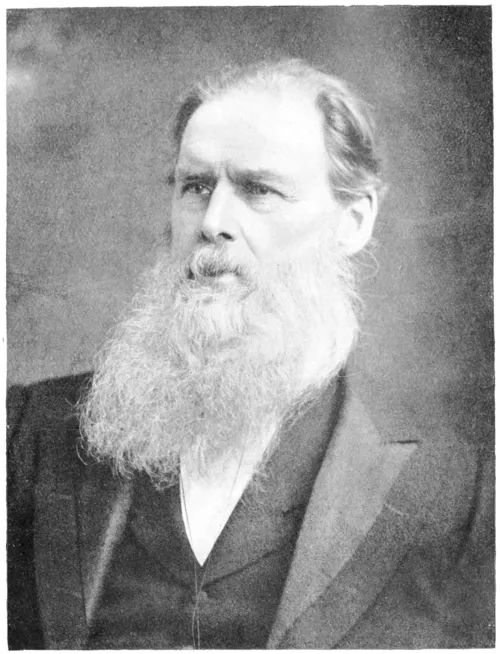
Birth Year: 1904
Nationality: English
Profession: Novelist, playwright, and critic
Death Year: 1991
1904 – Graham Greene, English novelist, playwright, and critic (d. 1991)
Graham Greene’s journey began not in the midst of literary salons or among the towering tomes of a prestigious library, but rather within the confines of an English boarding school a place where youthful dreams often collided with harsh realities. Born in 1904, his early life was punctuated by a profound sense of isolation and an unshakeable fear of failure, something that would later resonate deeply within the pages of his novels. Greene's struggle with depression became a constant companion during these formative years; perhaps it was this very darkness that ignited the flame for storytelling within him.
However, unlike many who choose to escape their demons through oblivion or distraction, Greene turned inward. At just 16, he penned his first short stories, channeling those turbulent emotions into words that danced across pages like ghosts seeking freedom. His debut effort may have gone unnoticed at the time lost among countless submissions but it planted a seed that would blossom over decades.
After completing his education at Balliol College in Oxford, Greene entered the world as a journalist and writer albeit one tangled in uncertainty. Ironically, while he sought validation through conventional means such as journalism and theatre criticism, he found himself increasingly captivated by fiction. In 1929, after several lackluster attempts at novels that garnered little attention, "The Man Within" finally emerged a debut steeped in themes of betrayal and moral ambiguity; it seemed to mirror Greene’s own existential conflicts.
As he traversed through life’s various stages journalist by day and novelist by night his career began to take shape against an ever-shifting backdrop: World War II loomed on the horizon like a dark cloud threatening to unleash chaos upon Europe. Despite this tumultuous context surrounding him, Greene found inspiration in travel and experiences abroad from war-torn Europe to lush jungles teeming with dangers both physical and moral.
The pivotal moment came when he penned "Brighton Rock" (1938), arguably one of his most iconic works. This novel introduced readers to Pinkie Brown a character entrenched in moral conflict yet vivid enough for readers to feel repulsed and fascinated simultaneously. Who knows how many lives this character has influenced since? His internal struggles mirrored those faced daily by countless individuals grappling with morality against societal expectations.
Greene's ability to weave suspenseful narratives filled with psychological depth made him both celebrated and controversial; critics often debated whether he deserved classification solely as an entertainer or if there lay something more profound beneath those thrilling plots. It could be argued that every page turned represented not just escapism but rather an examination into what constitutes humanity itself: Is redemption possible? How do we navigate our choices without losing our souls?
As each new book hit shelves from "The Heart of the Matter" (1948) exploring themes rooted deeply within colonialism's ethical dilemmas to "The End of the Affair" (1951) chronicling love amidst wartime despair it became increasingly clear that Graham Greene had carved out not merely stories but explorations into morality tied intricately alongside human experience itself.
However, despite achieving critical acclaim during these productive years including adaptations onto film screens the shadows never fully receded from Greene's life; they lingered just beyond reach like specters haunting corners waiting patiently for their moment… The author’s perpetual battle with personal demons echoed throughout much of his work as if every character faced inner turmoil reminiscent directly from moments plaguing him personally and perhaps there lay hidden truths meant only for himself amidst gripping plots designed primarily for audiences worldwide!
The Cold War era prompted another shift: adventure stories intertwined seamlessly with elements addressing political complexities around oppression reflecting modernity’s evolving landscape influencing readership profoundly... With titles such as “Our Man in Havana” (1958), critiques aimed at imperialism reverberated loudly alongside absurdities inherent within espionage narratives entertaining readers while forcing them towards introspection surrounding power dynamics present globally since time immemorial!
This blend remained prevalent throughout later works which continued challenging conventions even into Graham Green’s twilight years a testament indeed suggesting literature remains alive outside canonical frameworks! Despite continued success until passing away peacefully amid bright lights illuminating London streets back home following long travels filled ripe reflection searching self-identity eternal struggle haunting great writers everywhere...
Greene departed from this world on April 3rd, 1991 a day marked not simply by loss but celebration! As news spread regarding death echoed through literary circles far beyond borders established centuries prior the legacy forged remained steadfast transforming popular culture shaping minds relentlessly! Scholars reflect upon numerous adaptations bringing iconic tales alive once again onscreen; even today movie-goers navigate complex emotional landscapes laid bare via celluloid reminiscent images brought forth inspired visions dreamed long ago reaching depths few dare explore themselves...








